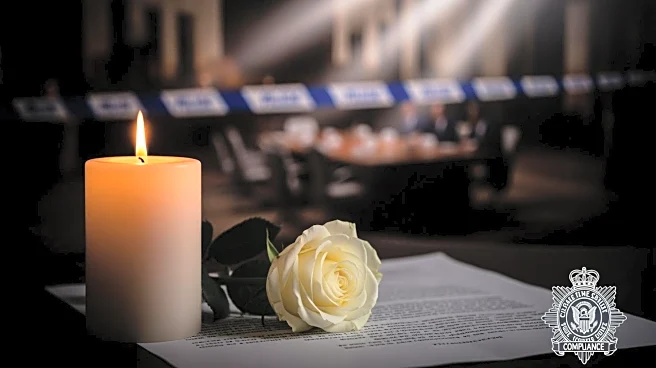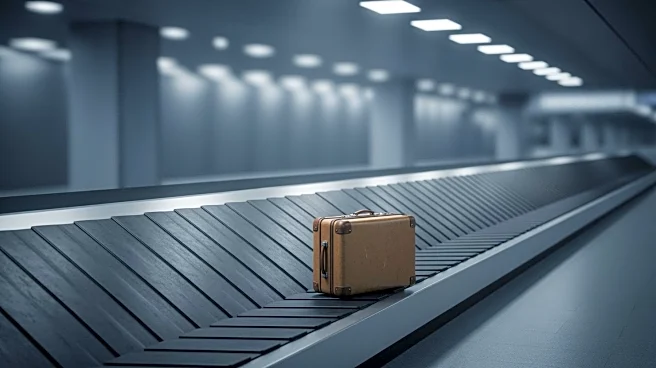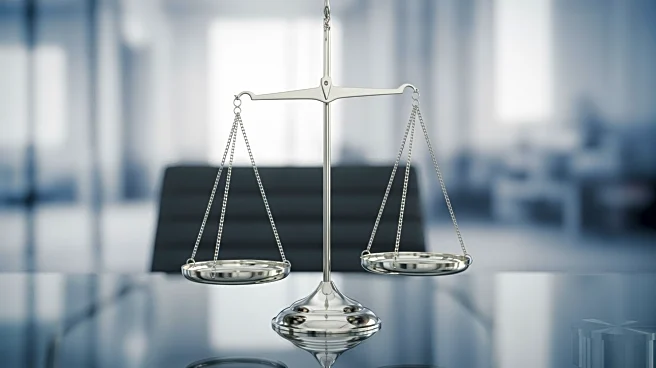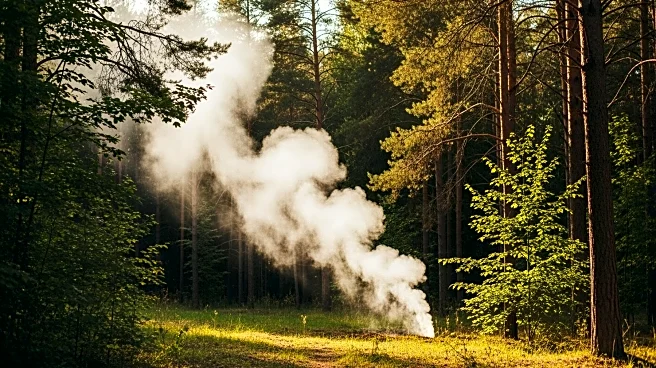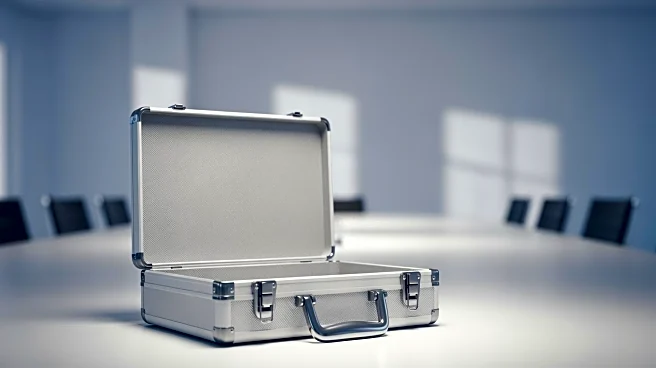What's Happening?
Israeli Holocaust survivors are marking the 87th anniversary of Kristallnacht, a pivotal event in Nazi Germany's persecution of Jews. Kristallnacht, or the 'Night of Broken Glass,' occurred on November
9, 1938, when Nazis vandalized Jewish businesses and synagogues, killing at least 91 people and arresting up to 30,000 Jewish men. Survivors like Walter Bingham, now 101, recall the destruction and the subsequent Kindertransport that saved many Jewish children by relocating them to England. The anniversary comes at a time of rising antisemitism, exacerbated by the ongoing Israel-Hamas conflict. Survivors emphasize the importance of educating younger generations to combat intolerance and prevent history from repeating itself.
Why It's Important?
The commemoration of Kristallnacht serves as a stark reminder of the dangers of unchecked antisemitism and the importance of historical education. With antisemitic attacks increasing globally, particularly in the wake of the Israel-Hamas war, the testimonies of Holocaust survivors are crucial in fostering understanding and preventing future atrocities. The survivors' experiences highlight the need for vigilance and proactive measures against hate, underscoring the role of education in promoting tolerance. The presence of a strong Jewish state today contrasts with the vulnerability of Jews during the 1930s, offering a sense of security against the possibility of another Holocaust.
What's Next?
As the number of Holocaust survivors dwindles, their testimonies become increasingly vital in educating future generations. Efforts to combat antisemitism will likely focus on educational initiatives and public awareness campaigns. Survivors advocate for active resistance against antisemitic acts, emphasizing the importance of 'hitting back' against intolerance. The global Jewish community and allies may intensify efforts to address antisemitism through policy changes and community engagement, ensuring that the lessons of the Holocaust remain relevant and impactful.
Beyond the Headlines
The rise in antisemitism poses ethical and cultural challenges, requiring societies to confront prejudices and promote inclusivity. The survivors' stories highlight the resilience of the Jewish community and the importance of preserving cultural heritage. Long-term shifts may include increased collaboration between nations to address hate crimes and promote human rights, fostering a global environment of tolerance and understanding.
